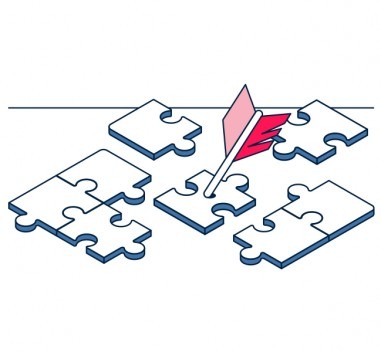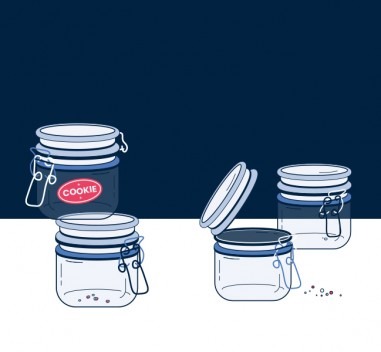Today, almost every consumer interest has a representation in the creator economy. One notable success is MrBeast, who took a love for the extreme and turned it into a stunt channel with estimated earnings of $54 million in 2021 alone.
Think of all the independent podcasts that have risen to prominence over the past several years. Many of those are independent creators who were given access to publish their work for all to enjoy.
In general, an estimated 50 million people consider themselves creators, and according to a recent report by Yahoo Finance, the creator economy has a valuation of $104.2B USD.
But it’s not just the creators who are benefiting from this boom.
Platforms such as Twitch and OnlyFans have millions of creators generating billions of dollars. Not to mention the likes of YouTube, Facebook, and any other self-publishing platform that has enabled creators to express their talents and passions.
This sounds like a utopian society, where creators get paid for their contributions to the economy based on the appeal of their content. But, similar to most economies, there is an underlying big business that controls a lot of the power. That power is rooted in the tech platforms that provide the medium for which these creators publish content.
Whereas folks such as MrBeast are in the top 1%, unfortunately, most creators don’t make significant amounts of money. It is a very difficult business and there are many factors that contribute to the success and financial well-being of the creator.
In order for many of these creators to get paid for their work, they must adhere to or comply with the platform's ever-changing requirements and regulations. As history has shown us, sometimes the little guy gets squeezed out by the big guy. And we’ve already started to see that happen.
OnlyFans made headlines earlier this year when it said it was prohibiting adult material from its site. Think about that, a large majority of OnlyFan users offer adult content, and they were the ones that made OnlyFans a dominant player in the industry. Now, OnlyFans was going to shut out an entire segment of their contributors, thus killing the revenue stream these creators relied upon and came to expect.

In some instances, there are discussions about the compensation for creators getting large sums of money prolonged over a period of time.
Meta CEO Mark Zuckerberg recently declared that Facebook and Instagram will disperse $1B to creators over the next 18 months. While that seems like a lot of money, it’s less than 1% of the $150B those two platforms will generate in revenue over those same six quarters. TikTok similarly has committed very little to its creators. Even their top 4% ranking content generators make pennies from the platform's multi-billion dollar valuation.
Compare that to the 55% that YouTube returns to creators. Is it any wonder that creators are starting to go direct? Platforms such as Facebook need to do better if they want to remain relevant to the creator economy.
That’s like your boss telling you that you did a great job, but we are going to spread out your salary over a greater period of time which devalues its worth. What leverage do these creators have? They can switch from one platform to another, but that means transitioning an entire fanbase to a whole new platform. Gaming superstar Ninja tried it when he switched from Twitch to Mixer, but ultimately returned to Twitch when Mixer couldn’t get off the ground.
There is no easy solution because they are still reliant on large tech companies to survive. If OnlyFans wasn’t the wake-up call creators needed, it should be. Organic reach is shrinking in size as well as a part of the platforms’ attempts to increase their slice of the pie. The reach that was once free is now costly demand. In order to survive long-term, creators must start thinking about self-preservation and developing a way to build their own digital assets outside of social media channels.
It goes without saying that they can’t avoid these platforms. But, creators should think about how they can become less reliant on a single platform and look for ways to syndicate their content through other channels and leverage their own websites.
The creator economy is still young and there will be bumps in the road. There will be a struggle for power as the little guy try to work his way out from the grip of big industry players. Now is the time for creators to prepare for a future where they are less reliant on someone else to determine their financial fates. Isn’t that why most of them decided to start this endeavor anyway — financial, creative, and expressive freedom?




